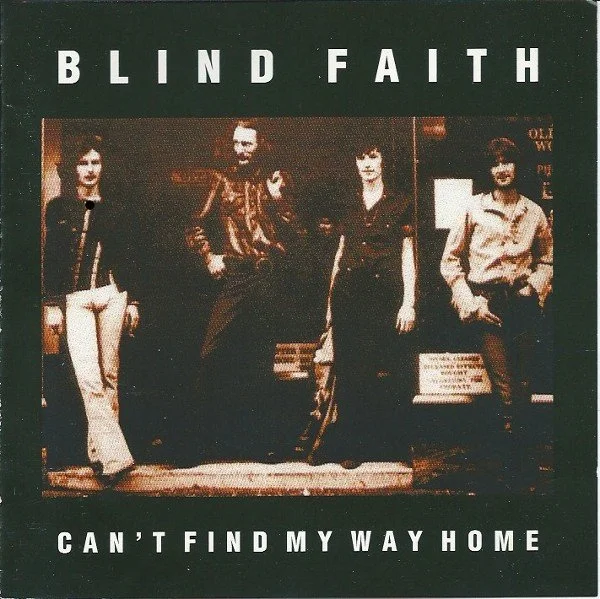AMCHA JEW VS PRE RABBINIC INDIGENOUS JEW
One of my core tasks in moving is checking out the different possible Jewish communities that already exist. It is fertile ground for me to let me see how I fit and how I don’t, particularly in my resistance to just sliding into some kind of finance/leadership role.
I’ve engaged with the most local community which is a progressive, one size fits all community—except that most members and the Rabbi are progressive Zionists and that didn’t work at all for the anti Zionists who left after October 7. I visited another somewhat local synagogue that is a more centrist but also broad based synagogue led by a Rabbi who has the great merit of being thoughtful and very clear about who he is and what he stands for as a Jew. I realized after visiting with him during Kiddush and also chewing on this for a while that I am actually really clear about the kind of Jew I am. Only the two orientations that define my Judaism are in a whole lot of tension with each other.
On the one hand, I am and have always been what has been called an amcha Jew, meaning a peoplehood Jew. Judaism has always been a place of belonging for me, not for this or that belief, but as a tribe, a people. I feel a sense of belonging, even if I want to puke about what is being said, as in the racism expressed the last time I was at a simcha for my Orthodox relatives. Or maybe I want to scream in frustration because I’m in some Reform Temple at a Bar Mitzvah that feels like High Church and no one knows the prayers except the Rabbi, the cantor and one or two of us. Or I go to a Federation meeting and it’s mostly blah blah blah of overdressed people—but it still feels like home.
When I read about Jewish settler violence on the West Bank against Palestinians, I feel anger and shame because that is my people harming other people. I am responsible and this is being done in my name. When I read about ICE agents rounding up brown skinned people in California, I feel anger and fear because I fear at some point that the brown shirts in ICE will come after we Jews. I don’t feel shame, because I don’t identify with these thugs at all.
On the other hand, ideologically, I’m just not a Rabbinic Jew at all. I’m grateful for the Rabbis because I doubt that we Jews would have survived our physical exile from the land without them. However, I completely don’t share their beliefs about the divine and I don’t share their commitment to a path of laws for which they always find loopholes when they want to find them.
I almost always sympathize with the people who are being condemned when I read the Hebrew Bible. When we read about Pinchas murdering an intertribal couple who were engaged in sex outside of the mishkan, I don’t think he’s a hero at all; I’m all for the couple. When I read about the women arguing with Jeremiah about how good things happened when they worshipped the Goddess, I’m all with them. When I read about all the Kings of ancient Israel and Judeah who supported worship of indigenous deities, I’m all in favor of them, as opposed to the condemnation of them by the writers of the Books of Kings. When YHVH unleashes yet another plague on the people in the desert because they have the temerity to have a different approach to the sacred, I think he’s a patriarchal, toxic male deity, not someone to emulate at all.
It violates every bone in my body to read all these interpretations that justify his actions. My most important non Jewish spiritual lineage is the lineage of philosophical hermeneutics. A central principle is to not know in advance and thus be open to the truth claim of the text or the other. But in Rabbinic interpretation, YHVH is always great, Esau is always bad, Abraham is always right. Yuck.
The Yahwists, those who believed in worshipping only YHVH and who developed the monotheistic idea over time that YHVH is the only God, they are the winners in Jewish history. The Rabbis with their shared view of YHVH as perfect and their legal approach to walking with the divine, they are the winners in Jewish history. So to be a Jew is to walk with them, even if I completely disagree with them.
How do I reconcile these two wildly divergent truths of being an amcha Jew and yet not accepting Yahwism and Rabbinic Judaism as the be all and end all of expressing Jewish spirituality? Certainly not by wishing that the women who mourned Tammuz and offered cakes to the Queen of Heaven had been the ideological victors—that lacks fidelity to what is. Certainly not by just suppressing my differences with Yahwism and Rabbinic Judaism. Labor Zionism worked for me as a teenager until I spent a year on a Kibbutz and discovered that the spiritual aspect of Labor Zionism had died an unmourned death.
I’m not sure how to reconcile them. I certainly need to give voice to what I call indigenous Judaism and I need to dance with my fellow Jews.
May we all find ways to give expression to who we truly are and find a home amongst our people.
